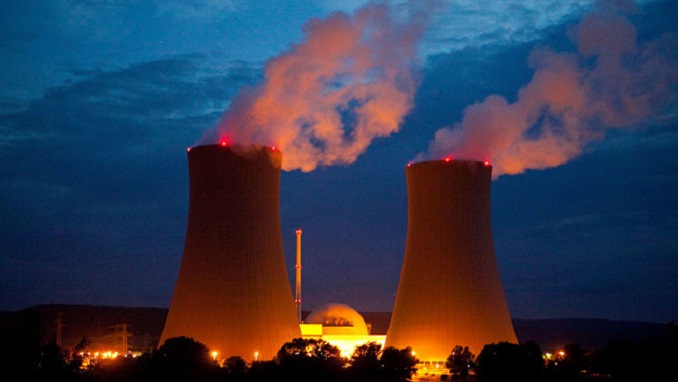Japan has found a way to reduce dependence on Russian oil – the country will develop the nuclear energy sector, Reuters reported, citing a statement by Japanese Prime Minister Fumio Kishida.
The head of government said that with the help of its own renewable energy sources, Japan will also help other countries to reduce imports of Russian energy resources.
He added that restarting one nuclear reactor would be equivalent to supplying the world market with one million tons of liquefied natural gas (LNG) per year.
For now, Japan must import about 90 percent of its energy to meet demand, according to the World Nuclear Association. The state’s dependence on fuel from Russia increased after the 2011 radiation accident at Fukushima-1, one of the largest nuclear power plants in the world.
Since then, the country has managed to restart only 10 out of 33 reactors, the rest have not yet received permission to resume operation.
Due to the consequences of the Russian invasion of Ukraine and the fall of the yen, electricity prices have risen sharply. The public and businesses expressed dissatisfaction with this circumstance and insisted that the government put more reactors into operation.
As of March, Japan depended on Russian oil exports by 3.6 percent and LNG by 8.8 percent. On May 5, Tokyo announced that it would not impose an embargo on Russian oil, since, so far the state could not find an alternative to it. Currently, the country is seeking to increase LNG production to reduce dependence on supplies from Russia.

